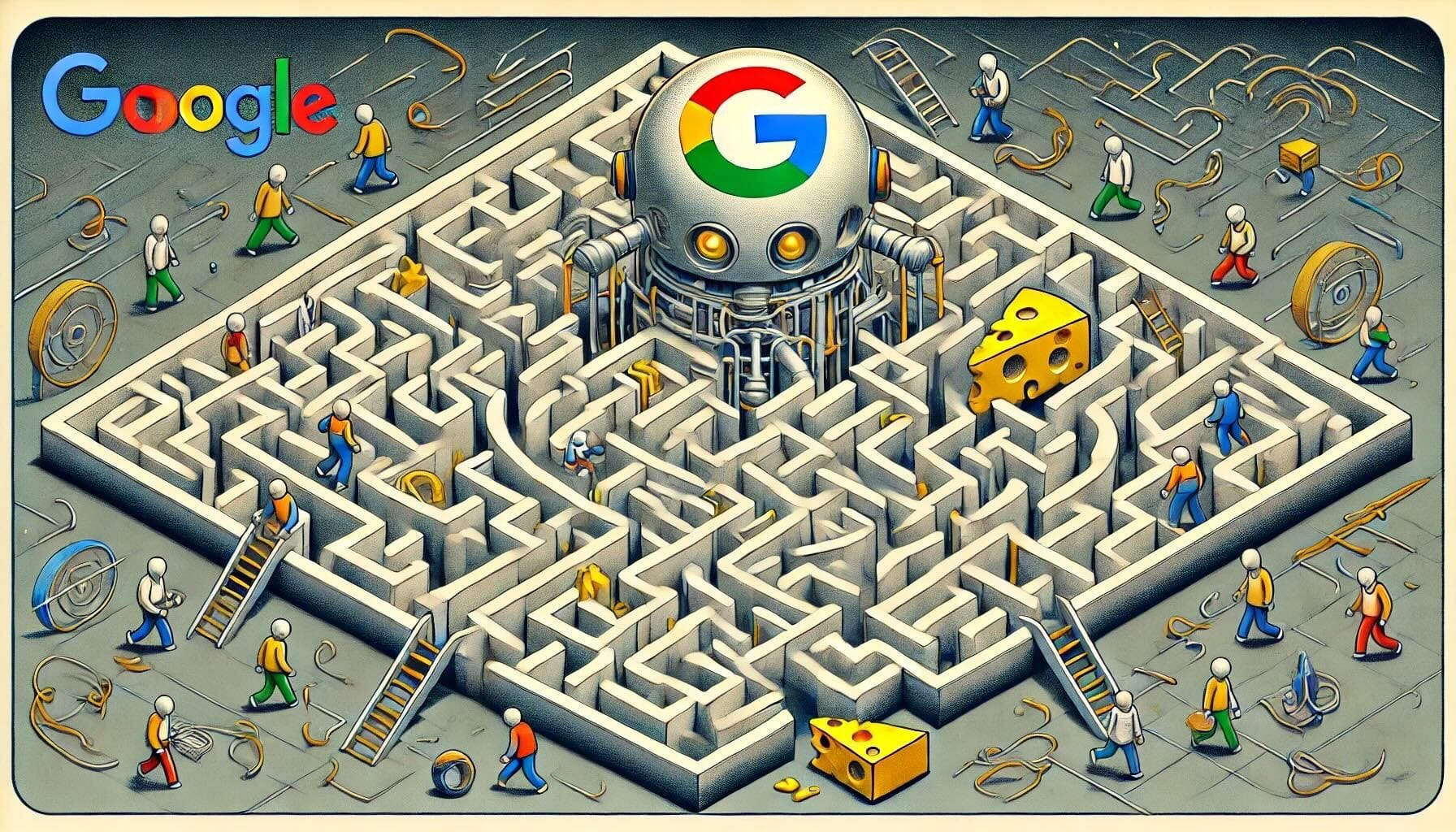Is Google’s Engagement-Hacking Masking Stalled Growth?
Google appears to be propping up query volumes with some weird UX decisions as it continues its quest for predictable ad-revenue growth. To read the full article, sign up for our free membership level.


